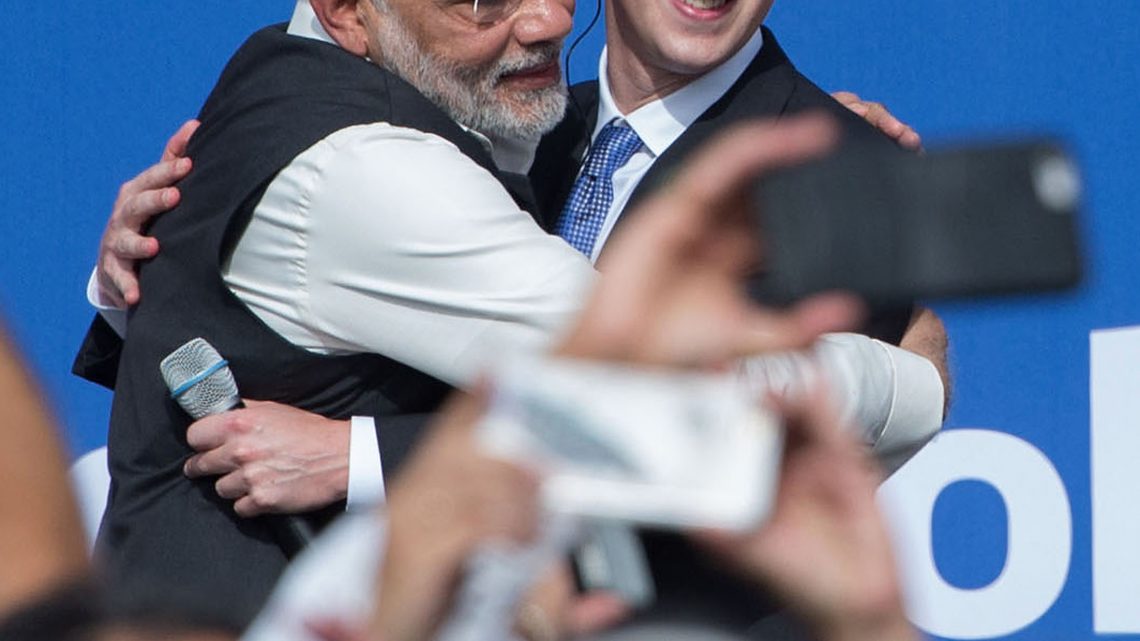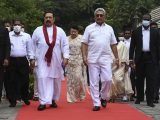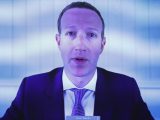
Facebook’s Role in 2019 Indian Elections Under Scrutiny After Allegations of its Link With the Ruling Party
August 21, 2020After a Wall Street Journal report alleging that Facebook was complicit in allowing hate speech by Indian Prime Minister Narendra Modi’s Bharatiya Janata Party (BJP), more claims of the company endorsing the ruling political party have come to light.
On August 15, transparency activist Saket Gokhale tweeted alleging that Rashmi Das, sister of Facebook’s public policy head for India, Central and South Asia, Ankhi Das, was a leader of a student-led wing run by the BJP’s parent organisation, the Rashtriya Swayamsevak Sangh.
Gokhale also questioned the integrity of India’s 2019 parliamentary polls which resulted in the BJP coming to power for the second time.
Gokhale told VICE News that before the 2019 election, a panel formed by the Election Commission of India (ECI) recommended that all political advertisements on digital platforms should be pre-approved by it. “Facebook maintained that it would instead ask advertisers to disclose their names, addresses and sponsors,” he said, explaining that the method wouldn’t let users know whether an advertisement was sponsored by a political party or not.
Gokhale added that in 2018, the ECI announced that it was reviewing its voter awareness partnership with Facebook due to data breaches in the wake of the Cambridge Analytica scandal.
However, five days later, the Commission said the breaches it had accused Facebook of were “aberrations”, and that it would continue its partnership. These incidents cast doubt on the government’s relationship with Facebook, he said.
The August 14 WSJ report alleged that Facebook’s Ankhi Das opposed applying the company’s hate speech rules, to remove controversial posts by at least four Hindu nationalist individuals or groups associated with the BJP which were “flagged internally for promoting or participating in violence.”
Facebook denied allegations that it was ignoring problematic posts by BJP politicians.
Experts have previously underlined the ECI’s inability to regulate social media, particularly, Facebook.
In 2019, journalists Paranjoy Guha Thakurta and Abir Dasgupta analysed how the Commission failed to put substantial curbs on Facebook.
The Real Face of Facebook in India, a book that Thakurta co-authored, talks about Shivnath Thukral, a former journalist who helped the BJP launch a website in the run-up to the 2014 parliamentary election. Three years later, Thukral was appointed as the public policy director for Facebook India and South Asia.
A 2016 report by The Guardian quoted a top Facebook executive, saying that Ankhi Das was like “Modi’s granddaughter,” and also quoted an official who ran BJP’s social media accounts to admit that Das “never said no” to any information or requests during the BJP’s 2014 election campaign.
With 346 million active users, India is Facebook’s largest user base in the world.
Inji Pennu, a digital activist and technologist has been tracking Facebook’s regulatory patterns since 2015. “I noticed patterns of Facebook removing content that were making statements against India’s ruling government, but did not violate their hate speech policies, while any hate speech posted by the right-wing stayed on the platform, despite me reporting it multiple times,” Pennu told VICE News.
But these have massive implications to democracies, unless there are policy level changes on the part of the government and tech companies.
“Facebook was selectively applying its rules in India at the cost of free and fair elections because of weak institutional processes in India,” Apar Gupta, executive director, Internet Freedom Foundation, told VICE News. “Facebook should conduct a Human Rights Audit, similar to its recently-conducted Civil Rights Audit, with total transparency.”
Meanwhile, the BJP has refuted the claim that Facebook was selective in censoring hate speech. “It is ludicrous to suggest that Facebook is amenable to the BJP and the wider conservative ecosystem,” Amit Malviya, BJP’s IT Cell chief told VICE News.
Malviya cited a 2019 takedown of more than 700 pages, groups and accounts in India, most of which he claimed were propelling a nationalist narrative, to justify that Facebook did not favour the BJP.
Facebook has previously been pulled up for its complicit role in inciting hatred against Rohingya Muslims in Myanmar, as well as the hate speech on the platform that led to the 2018 religious riots in Sri Lanka.
The world’s largest social media network has also been called out for its role in the 2016 U.S. Presidential elections, as uncovered in the Cambridge Analytica scandal that harvested voter data. Troll armies have also spread disinformation on the platform are accused of impacting election results in the U.K., Brazil, Germany and Chile, among others.
Follow Shamani on Instagram.


